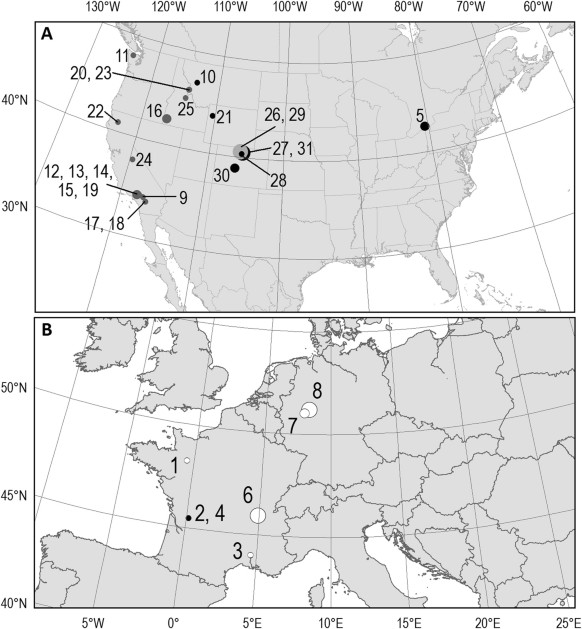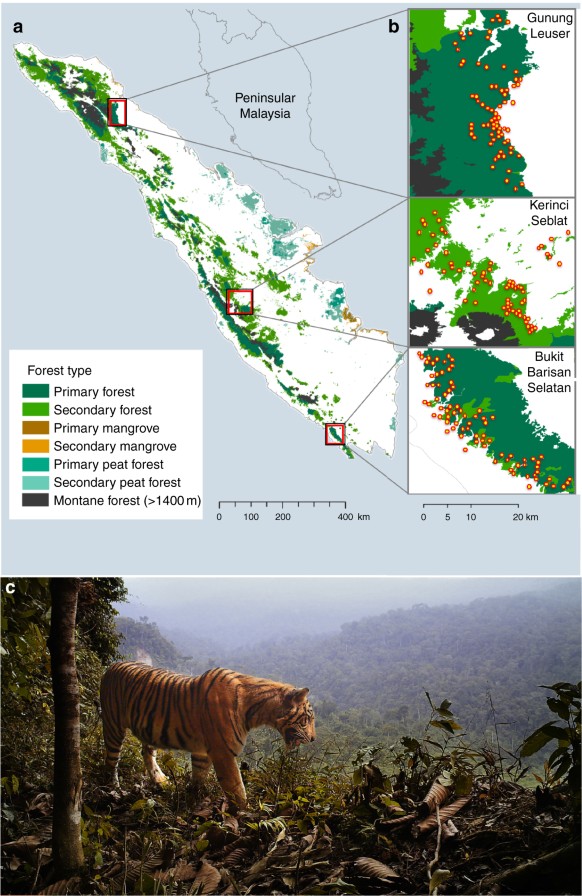
Abstract: "Understanding global patterns of biodiversity change is crucial for
conservation research, policies and practices. However, for most
ecosystems, the lack of systematically collected data at a global level
limits our understanding of biodiversity changes and their local-scale
drivers. Here we address this challenge by focusing on wetlands, which
are among the most biodiverse and productive of any environments1,2 and which provide essential ecosystem services3,4, but are also amongst the most seriously threatened ecosystems3,5.
Using birds as an indicator taxon of wetland biodiversity, we model
time-series abundance data for 461 waterbird species at 25,769 survey
sites across the globe. We show that the strongest predictor of changes
in waterbird abundance, and of conservation efforts having beneficial
effects, is the effective governance of a country. In areas in which
governance is on average less effective, such as western and central
Asia, sub-Saharan Africa and South America, waterbird declines are
particularly pronounced; a higher protected area coverage of wetland
environments facilitates waterbird increases, but only in countries with
more effective governance. Our findings highlight that sociopolitical
instability can lead to biodiversity loss and undermine the benefit of
existing conservation efforts, such as the expansion of protected area
coverage. Furthermore, data deficiencies in areas with less effective
governance could lead to underestimations of the extent of the current
biodiversity crisis."
Read More: https://www.nature.com/articles/nature25139











